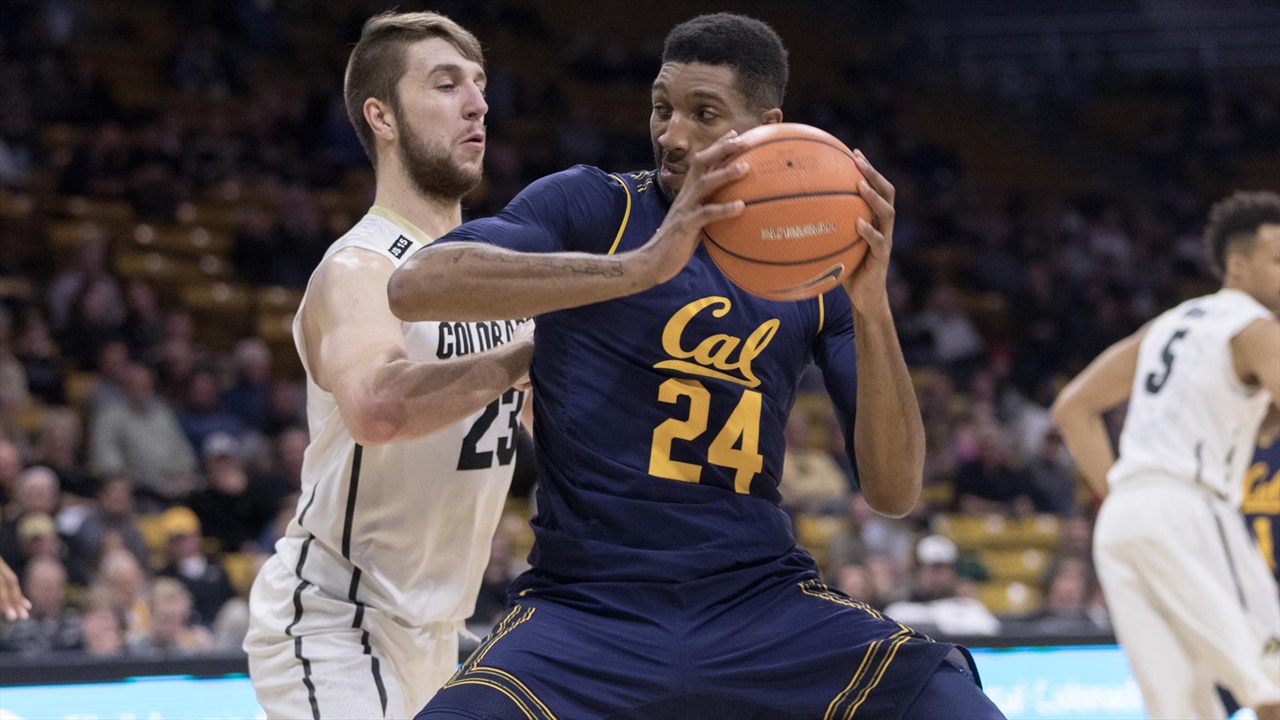
Bears Fall Short In Thriller in Boulder
BOULDER, Colo. (AP) — McKinley Wright scored 17 points and hit two key layups in the final minutes to help Colorado beat California 68-64 on Wednesday night.
The Buffaloes (14-10, 6-6 Pac-12) beat the Bears for the 12th time in the last 14 games in Boulder.
Marcus Lee had 10 points and 12 rebounds and Kingsley Okoroh and Justice Sueing scored 12 points each for Cal (8-17, 2-10 Pac-12), which was attempting to win consecutive games for the first time since Dec. 16.
Colorado used a 10-0 run early in the second half to go ahead 38-31. The Bears hung around and made it a one-point game on Okoroh's soft hook with 4:45 left.
The Buffaloes turned it over on their next possession but Don Coleman missed a layup that would have given Cal a lead with 3:58 left. Wright hit a layup as he fell out of bounds to extend Colorado's lead to three and he reached double figures on his bucket with 1:50 left for a five-point lead.
The Bears hit three of their five 3-pointers in the final 40 seconds but Wright made six free throws down the stretch to seal it. He was 11 of 14 from the line in the game.
BIG PICTURE
Cal: Coleman, the team's leading scorer coming in at 16.4 points a game, had just two points at halftime and finished with eight. ... The Bears' last win in Boulder was a 68-61 victory on Feb. 12, 2015. ... Lee has seven double-doubles this season.
Colorado: Senior George King picked up two quick fouls and only played eight minutes in the first half. ... Namon Wright missed his second straight game due to illness. ... Colorado had 13 turnovers at halftime and 19 for the game. The team's season high in turnovers is 23.
UP NEXT
Cal: At Utah on Saturday night.




